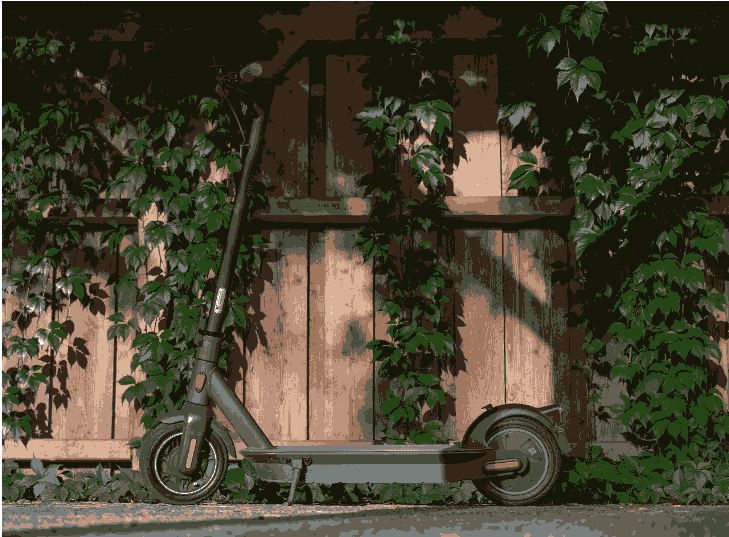
Laws on Electric Scooters 2024
Introduction
The growth of electric scooters as a preferred means of transport across cities in the United States has accelerated like never before. As the ecological and socio-economic impacts of e-scooters become increasingly evident, understanding the specific legal framework governing their use is becoming critical. Can electric scooters be used on the road? is an electric scooter considered a motorized vehicle?do e scooters need a license?This comprehensive guide explores the broader American legal landscape with regards to electric scooter usage in 2024, with an emphasis on licensing and lighting requirements in Nevada, Indiana, New Jersey, and Washington.
Federal Laws
Electric scooters are broadly classified as 'low-speed electric bicycles' according to the Federal Electric Bike Law HR 727. As per this classification, devices with electric motors not exceeding 20 mph and having a motor power of 750 Watts or less are authorized for use. Federal laws notwithstanding, state and city-specific regulations take precedence where such laws exist.
Licensing Requirements
While federal law doesn't precisely mandate registration or license for electric scooters, it is crucial to be aware of diverse state regulations. Some states require registration of e-scooters with the Department of Motor Vehicles (DMV), others mandate driver's licenses, and a few don't require any licensing whatsoever.
Lighting Requirements
Lighting requirements for e-scooters are integral for ensuring safety, especially under conditions of low visibility. The conditions vary from one state to another, with numerous states requiring front lights, rear lights or reflectors, and side reflectors.
State Specific Regulations:
Nevada electric scooter laws
In Nevada, electric scooters are classified as 'electric bicycles', so no specific license is required for operating e-scooters. As part of safety regulations, scooters need to be equipped with front and rear lights for visibility, especially during night or low-light conditions. The maximum permissible speed is 20 mph, and scooters can be ridden on bike lanes, streets, and highways with similar speed limits.
Indiana electric scooter laws
Indiana treats electric scooters as 'personal mobility devices', with no license requirements for their use. Scooters are allowed on public pathways, bike lanes, and streets with speed limits of up to 35 mph. While helmet usage is recommended, it's not legally required. Nighttime riding demands a high requirement regarding lighting – front and rear lights are a must for safely navigating dark areas.
New Jersey electric scooter laws
New Jersey legislations list electric scooters under 'motorized scooters', making the possession of a valid driver's license or permit a necessity for operating such scooters. Riders are prohibited from riding on sidewalks, with helmet usage compulsory regardless of age. Lighting requirements are stringent here - scooters should be equipped with front lights, rear lights, and reflective devices. The use of scooters is restricted on roads with a speed limit higher than 25 mph.
Washington State scooter laws
In Washington, e-scooters are permitted on streets with speed limits up to 35 mph. Since the same traffic rules apply to both cyclists and e-scooter riders, there's no mandated licensing requirement. Lighting compliance requires a front light, a rear reflector, and a functional braking system. Although there's no compulsory helmet rule, it is strongly recommended, particularly for riders under the age of 18 years.
The headquartered landscape of electric scooter laws in the United States displays a dynamic matrix of regulations that are unique to every state. As the year 2024 unfolds, it becomes crucial, more than ever, to understand and adhere to these laws, especially for states like Nevada, Indiana, New Jersey, and Washington. Coupled with responsible riding practices and strict conformance to safety measures, e-scooters can pave the way for a greener, more flexible, and convenient transportation alternative. This comprehensive guide serves as a stepping stone towards promoting awareness regarding the existing regulations that govern the use of e-scooters in the U.S.